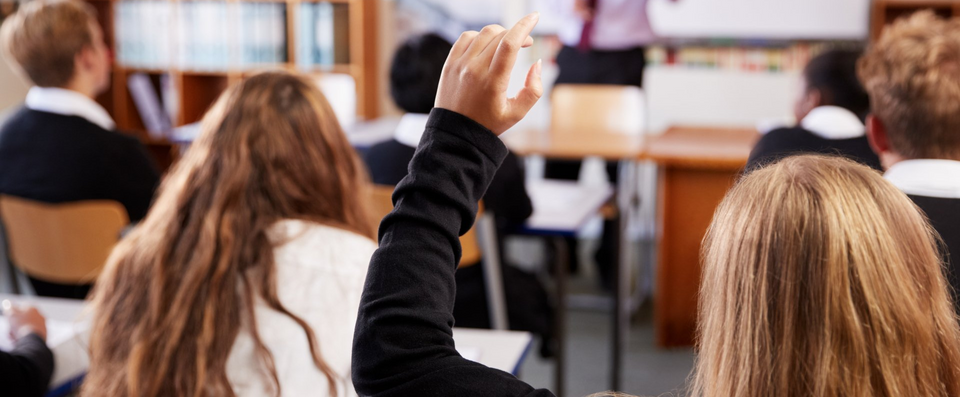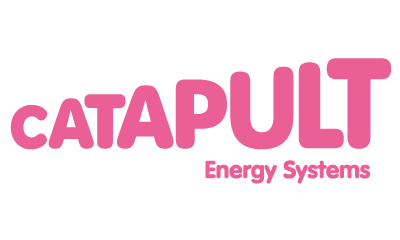Rethinking environmental education

By handing students the responsibility of looking after their school’s energy performance they are gaining valuable life experience at an early age that will prepare them well for their future careers.
This is a view shared by Richard Dunne, a former headteacher and co-founder and Director of Education for The Harmony Project. The Harmony Project recognises the impact of human activity on the natural world, and humankind’s increasing disconnection from nature. Education is one of the sectors in which Richard has applied Harmony and he believes that by rethinking environmental education so that it is at the heart of learning, schools can encourage their students to actively engage with pressing environmental issues at the same time as teaching them valuable life skills.
Richard says: “For the most part, sustainability in education is seen as an add-on. It might be presented as a one-off environmental day or eco week. It will almost certainly be presented outside of the formal curriculum. It may engage the interest of a good many students, but the mere fact that it is not integrated into the broader curriculum means that the opportunities to link learning together are unlikely to be explored.”
He adds: “We need to find ways to bring learning together around purposeful projects and give students a lead role in showcasing the outcomes of their research and the issues they want to address through this process.”




